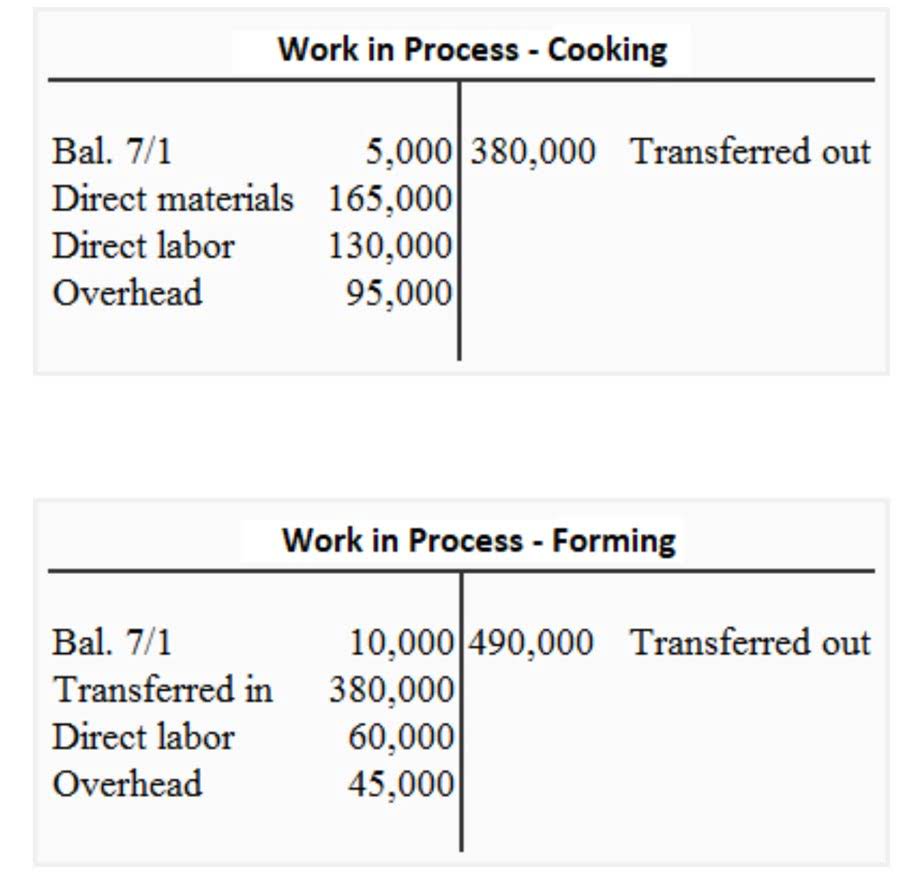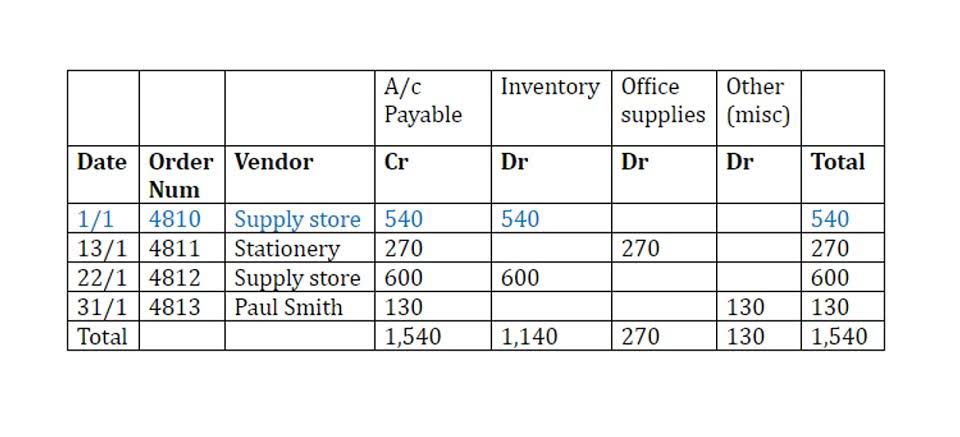Governmental Accounting: Definition & Basics

The implications of those designations for legislative and budget processes differ. Like FCRA accounting, fair-value accounting is a form of accrual accounting, but it uses market prices to measure the costs of loans and loan guarantees. Fair-value accounting reflects the fact that the government’s risk of loss from defaults on loans tends to increase when the economy is weak. Current and future generations bear the costs of such losses, which can result in higher taxes, reductions in spending, or larger debt.
What Is the Governmental Accounting Standards Board (GASB)?
Government accounting plays a critical role in tracking and managing government resources. For instance, it can involve tracking spending on public health services such as hospital facilities, vaccines, and medicines, and comparing these expenses against allocated budgets. Also referred to as tax, accounting, or budget specialists, these compliance officers hold a strong knowledge of fiscal policy, laws, and regulations. They apply that knowledge as they analyze documents and data to ensure regulatory adherence.
What is Governmental Accounting?
State and local government agencies are bound to comply with the generally accepted accounting principles (GAAP). The role and function of the GASB are to set standards and regulations that comply with these principles. Government entities and agencies use public resources such as taxes and grants to provide services and goods for the citizens.

Internal Auditing

The GASB is subject to oversight by the Financial Accounting Foundation (FAF) Board of Trustees, which selects its board members, and by the FASB. The GASB is primarily funded by accounting support fees paid by brokers and dealers who trade in municipal bonds. This funding mechanism was established by Section 978 of the Dodd-Frank Wall Street Reform and Consumer Protection Act of 2010. Internal auditors also analyze current documentation to advise government departments and agencies on best fiscal practices. People with a four-year degree and legal and tax experience may pursue entry-level work with the Internal Revenue Service (IRS) as a tax law specialist. Earning a law degree provides a pathway from this career to more advanced roles.
- In a corporate setting, the main goal is to generate profits and ensure the company’s financial health.
- These organizations are usually considered governmental not-for-profit organizations and should follow governmental GAAP set by GASB.
- Specializations, location, experience, and education can affect an accountant’s earning potential.
- Fish and Wildlife Service issues permits to import or export some species of game animals.
Governmental Accounting: Definition & Basics
Nathaniel Frentz, Kathleen Gramp, John McClelland, and David Torregrosa of CBO offered comments, as did Kim P. Cawley and Jim Hearn, both formerly of CBO. With technology’s advancement, the future of government accounting could look very different. Automation and AI are already transforming the accounting sector, and their impact on government accounting government accounting definition will be no less significant. These technologies can help automate routine tasks, improving efficiency and reducing errors. Black is classified in public accounting and Previdi is classified as a financial statement user. The GASB states that each member brings “a unique perspective to the Board through different work experiences and areas of expertise.”

Modified Accrual Basis of Accounting
Fiscal Accounting at the Bureau of the Fiscal Service gathers and reports on the U.S. government’s finances. In this role, they oversee the distribution of government grants to ensure that their use meets grant requirements. https://www.bookstime.com/ With experience and education, internal auditors can move from entry-level positions to more advanced roles. Positions like intermediate, senior, and chief internal auditor often come with increased earning potential.

They should be active learners and strong collaborators who can manage their time and projects effectively. Specializations, location, experience, and education can affect an accountant’s earning potential. Featured or trusted partner programs and all school search, finder, or match results are for schools that compensate us. This compensation does not influence our school rankings, resource guides, or other editorially-independent information published on this site.

Depending on which type of agency they work for, government accountants may perform different job duties. Government accounting principles may vary for each state or specific entity but generally follow the following principles outlined by the GASB and FASAB. Statement 11 of the GASB briefs about the Measurement focus identifies what should be expressed in a financial report or record statement. As a share of all federal outlays, discretionary spending has dropped from 60 percent in the early 1970s to 30 percent in recent years. Almost all defense spending is discretionary, and about 15 percent of pandemic-related spending was classified as discretionary.
- As a result, CBO’s estimate of spending for that program could rise or fall in relation to the agency’s projection of such spending under current law.
- In large infrastructure projects, government accounting can help monitor project progress by tracking expenditures and ensuring they align with the project’s budget.
- The accounting analyses and reports facilitate decision-making for better service delivery and efficiency.
- Government accounting ensures that the expenditures do not exceed the allowed budget and that all financial transactions related to revenues and expenditures are accurately recorded.
- Glassdoor reports a median annual salary of over $80,000 for federal government accountants — almost $6,000 more than the median for accountants in all industries.




